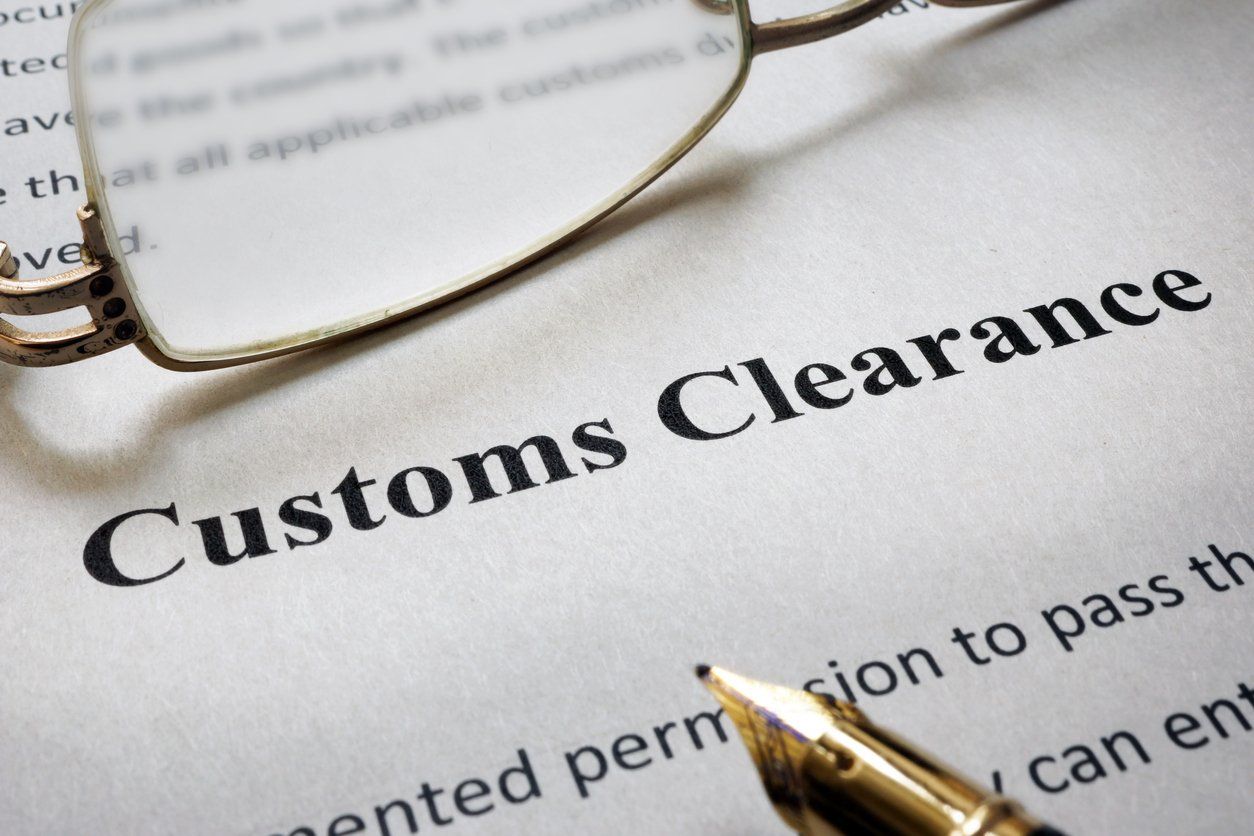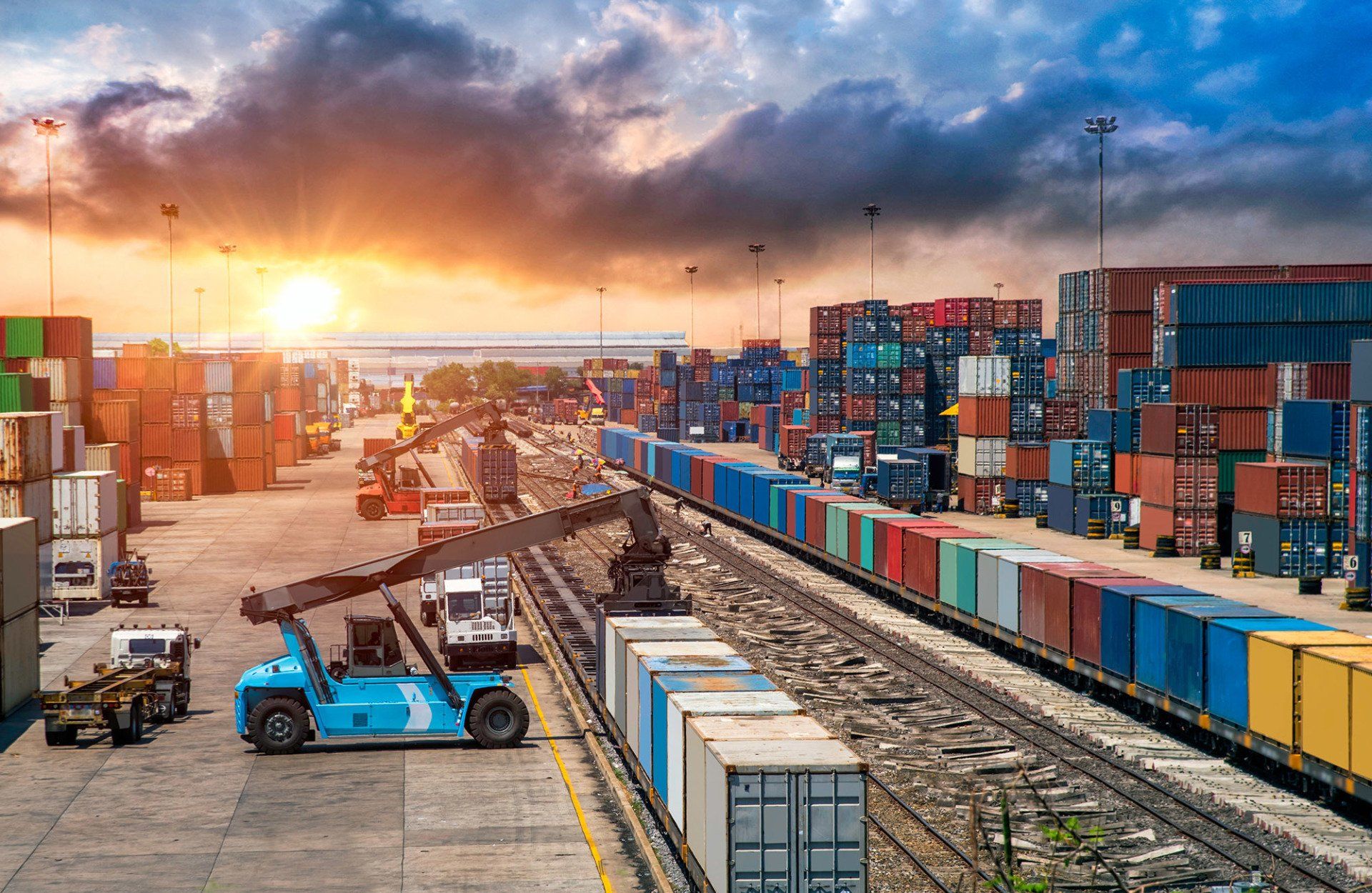Moving Goods Between the UK and EU
Following the end of the transition period on 1 January 2021, businesses must adapt to the new operating environment. There are new rules for importing and exporting goods between Great Britain and countries within the EU. Imports and exports must now comply with different VAT rules and more challenging customs measures. To ensure your goods move freely between the UK and EU, it is essential that you understand the new processes. We can help your business navigate these new rules, effectively manage imports and exports, whilst remaining compliant with EU and UK regulations.
Post-Brexit Importing and Exporting | Customs Declarations | Duties and VAT | Origin of Goods | Licenses and Certificates
Following the end of the transition period on 1 January 2021, businesses must adapt to the new operating environment. There are new rules for importing and exporting goods between Great Britain and countries within the EU. Imports and exports must now comply with different VAT rules and more challenging customs measures. To ensure your goods move freely between the UK and EU, it is essential that you understand the new processes. We can help your business navigate these new rules, effectively manage imports and exports, whilst remaining compliant with EU and UK regulations.
Post-Brexit Importing and Exporting | Customs Declarations | Duties and VAT | Origin of Goods | Licenses and Certificates
How to import and export goods post-Brexit
Businesses need an EORI (Economic Operators Registration and Identification) number to move goods between Great Britain (England, Scotland and Wales) and EU countries. The EORI is a unique number that identifies a trader with Customs and is required on customs exit and entry documents to ensure goods can be cleared. An EORI number is also required when moving goods between Great Britain (England, Scotland and Wales) and non-EU countries.
Following 1 January 2021, your business will need an EORI number to import or export goods to and from the EU too. Your business does not require an EORI number to move goods between the Republic of Ireland and Northern Ireland.
Businesses based in Scotland, England or Wales can register for an EORI number and this should start with the letters ‘GB’. Businesses moving goods between NI and EU under the NI Protocol will need an EORI number starting with the letters ‘XI’.
To apply for an Economic Operators Registration and Identification number (EORI number) you need your:
- Unique Taxpayer Reference (UTR).
- Your business start date and Standard Industrial Classification (SIC) code.
- Government Gateway user ID and password.
- VAT number and effective date of registration.
- If you are an individual or a sole trader, your National Insurance number is required.
-
Import / Export Guides
Button
Customs Declarations
From 1 January 2021, when you import or export goods to and from EU countries you must make a declaration with Customs. Your Business can make customs declarations directly or you can use the services of a customs agent or broker. If you make the decision to submit customs declarations yourself, your company will need access to the customs via compatible software.
Submitting fully compliant customs declarations is a complex matter, a simpler option is to engage the services of a customs agent or broker. They will act as your representative and make customs declarations on your company’s behalf.
Customs Duties and Import VAT
The new UK Global Tariff will apply to all good imported into the UK after 1 January 2021. Not all products will incur customs duties, as certain exemptions may apply. Your goods will need to be classified against the tariff, so that the correct duty rate can be applied.
Standard import VAT of 20% will be applied to most goods when submitting the UK import declaration. Some products will attract a reduced rate of VAT or a zero rate in the case of children’s clothing.
When exporting products out of the UK you can state a zero rate of VAT on your invoicing if certain conditions are met.
-
Import / Export Documents
Button
Origin of Goods
You will need to establish the origin of the goods that are being move between the EU and UK. The origin may determine whether your product qualifies for preferential treatment under a tariff preference scheme, which could result in lower or nil customs duty.
The rules of origin requirements are some of the most important provisions that your business needs to understand under the Free Trade Agreement between the UK and the EU. The Trade and Cooperation Agreement (TCA) ensures that preferential tariffs are given to goods that originate in the UK or EU, and not from countries outside the UK and the EU member states.
You must have proof of the originating status of the product before claiming preference.
There are two main categories of origin in the rules:
- Goods wholly obtained or produced in a single country.
- Goods whose production involved materials from more than one country.
Licenses and Certificates
Certain goods moving between the UK and EU will require a license or a certificate for import or export.
Export Health Certificates (EHCs) are required for exports of live animals or animal products exported from GB to the EU. This ensures the consignment complies with the quality and health standards of the EU. EHCs are signed by an Official Veterinarian following inspection of the consignment and they are commodity and destination specific.
Licences are often needed for the import and export of military and para-military goods, dual-use and technology, artworks, plants and animals, medicines and chemicals.
Licenses are documents issued by government bodies allowing registered companies or individuals to legally ship goods that are under import or export controls. There are numerous reasons why governments around the world control the export and import of goods, but this is mainly due to the nature of the goods and end destination. Once you have a licence, you must observe strict terms and conditions when moving your goods.
Whether or not you need a licence for your goods will be determined by the nature of the goods, the end destination, ultimate end-use of the goods and trade activities.
Main product areas covered:
- Drugs and Medicines
- Medical Devices
- Software and Technology
- Telecommunications
- Chemical
- Ozone-Depleting Substances
- Radioactive Substances
- Diamonds
- Art Works
- Firearms
- Military Goods
- Waste
-
Import / Export Services
Button
Post-Brexit Blog
Get in touch
Due to the nature of our work, it's typically easiest to complete this form and we will get back to you.
Contact Us
We will get back to you as soon as possible.
Please try again later.











